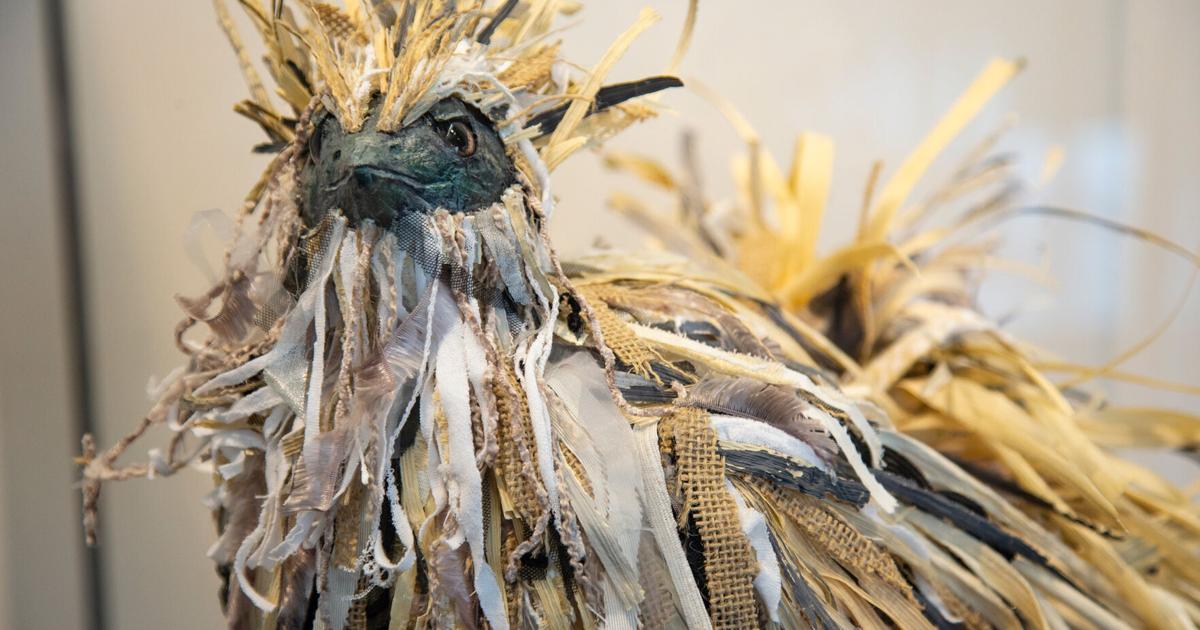Threading-CO2 is a initial-of-its-sort know-how that provides higher-good quality, commercially practical sustainable PET textile merchandise from CO2 squander streams at an industrial scale, Aimplas said in a push release.
Spanish plastics know-how centre Aimplas has joined the Threading-CO2 challenge, an revolutionary initiative that aims to produce significant-top quality polyester textile solutions from CO2 squander streams.
The project will noticeably decrease the carbon footprint of the textile market by promoting a round production solution making use of renewable electricity resources.
Aimplas will aim on the planning of progressive catalysts for the reactions associated in the synthesis approach, collaborate in the established-up of a pre-industrial pilot for operations in the constant, large dimension reactor of the pilot plant, and purpose for a entirely round production method by optimising the reuse and recycling of all catalysts, solvents, and additives used in the system. Aimplas will also collaborate with Honest to optimise the preparing methodology in relation to the use of industrial processes.
The Threading-CO2 consortium has been picked to provide jointly the skills and abilities needed to realise this initially-in-class know-how able of working with CO2 as a feedstock to create polyester. The partnership is crafted to have all necessary expertise, complementary experimental facilities, and collaborative networks to link with stakeholder groups critical to the job. Leaders in the textile industry have also been discovered and involved in the challenge to assure merchandise quality at the remaining phase of the price chain.
Thirteen associates from 7 EU nations around the world, such as Fairbrics, College of Antwerp, Tecnalia, Lut University, CiaoTech, Deutsche Institute fur Textil- und Faserforschung denkendorf, Town of Lappeenranta, Digiotouch, Faurecia, Naldeo, SurePure, Les Tissages de Charlieu, and Aimplas, are associated in this project.

Fibre2Trend Information Desk (DP)


